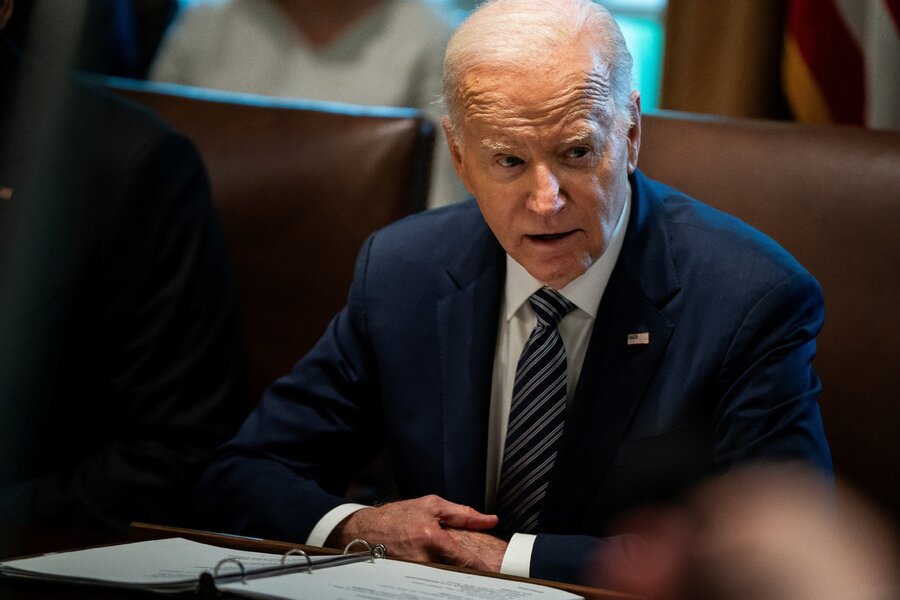The Department of the Interior (DOI) has reinstated protections for over 28 million acres of public land in Alaska, banning mining, oil, and gas development.
The protections, which were established in 1971, were removed in January 2021 under the Trump administration.
In a press release on August 27, Secretary of the Interior Deb Haaland announced that the department made its decision following an “extensive public process.” This included gathering input from Alaska Native tribes and corporations, as well as from both rural and urban communities and the general public.
Many Alaska native tribes, native corporations, and tribal entities have said the lands are “vital to protecting important natural, cultural, and subsistence resources,” Haaland said.
Meanwhile, Secretary Haaland noted that the Bureau of Land Management (BLM) received “overwhelming support” from the public for maintaining protections across the land.
An analysis by the Bureau of Land Management (BLM) revealed that removing any protections established by the Alaska Native Claims Settlement Act (ANCSA) of 1971 could negatively impact subsistence hunting and fishing.
This would affect communities that would lose federal subsistence priority over certain lands, potentially impacting between 44 and 117 communities, depending on the option considered.
That same analysis found that lifting “all or even some of the withdrawals could have lasting negative impacts on wildlife, vegetation, and permafrost.”
As a result, protections will remain in place for public lands in Alaska’s Bristol Bay, Bering Sea Western Interior, East Alaska, Kobuk Seward, and Ring of Fire regions.
The move by the DOI reverses a decision issued in the last days of the Trump administration that would have ended the longstanding protections and allowed oil and gas development on the public land.
In its press release, the DOI called that decision “unlawful” and said it lacked “sufficient analysis of the potential impacts of such a decision on subsistence and other important resources.”
The department stated that the previous decision failed to include adequate tribal consultation and did not meet other legal requirements.
The DOI suspended the decision to fully evaluate its potential impacts and to facilitate engagement with the public and Alaska Native communities.
“Tribal consultation must be treated as a requirement—not an option—when the federal government is making decisions that could irrevocably affect tribal communities,” Haaland said.
The Secretary of the Interior praised the BLM for “taking the time to ensure that we approached this decision with the benefit of feedback from Alaska native communities,” as well as tribal leaders.
Share your thoughts by scrolling down to leave a comment.













